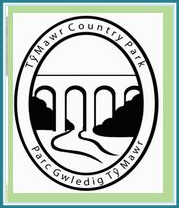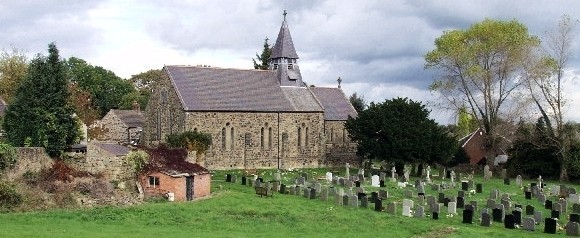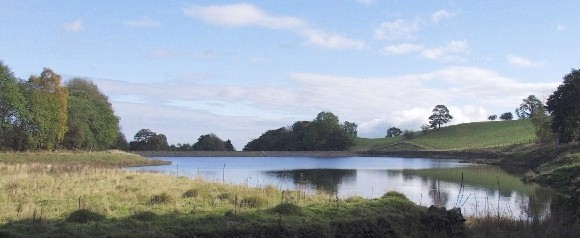Penycae
Penycae was connected to the Trevor Basin during the 1800's via Jessop's Tramway, extending from Trevor Basin to Ruabon Brook at Penycae. Almost 75% of this original route is still present today, and with only a small amount of deviation, footpath clearance and signage this could be established as a footpath / cycle way and bridle way connecting Penycae to the World Heritage Site corridor. We are currently contacting Sustrans for their advice on this and other related foot paths. For instance, Penycae can be linked to Ruabon via another old tramway line and existing footpaths, which could then provide a circular route back to Cefn Mawr and the point of origin.
Penycae is a village and a local government community, the lowest tier of local government, part of Wrexham County Borough in Wales
The village was part of the ancient parish of Ruabon and the district was known as Dynhinlle Uchaf (but also known as Y Dref Fechan or Cristionydd Fechan).
The new parish of Penycae was formed 1879, from parts of the existing parishes of Ruabon, Rhosllannerchrugog and Rhosymedre. The parish church of St. Thomas had been consecrated in 1878. However, most of the population of the parish were nonconformists and attended the Baptist chapels of Salem and Sion in Groes; the Calvinistic Methodist chapels in Groes and Tainant; the Wesleyan chapel of Soar in Stryt Issa; or the Primitive Methodist chapel in Copperas.
Coal was extracted from pits at Plas Bennion, Wynn Hall, Afon Eitha, Cristionydd, Groes and Plas Isaf. Zinc was worked at Copperas, and a large proportion of these materials were transported to the Trevor Basin via Jessop’s Tramway from where they were then shipped out along the Ellesmere Canal over the Pontcysyllte Aqueduct to lands afar before the coming of the steam age.
Currently most inhabitants find employment outside the village in Wrexham with only a few local shops or public buildings providing jobs. Dee Valley Water operates two reservoirs, Penycae Upper and Penycae Lower.










